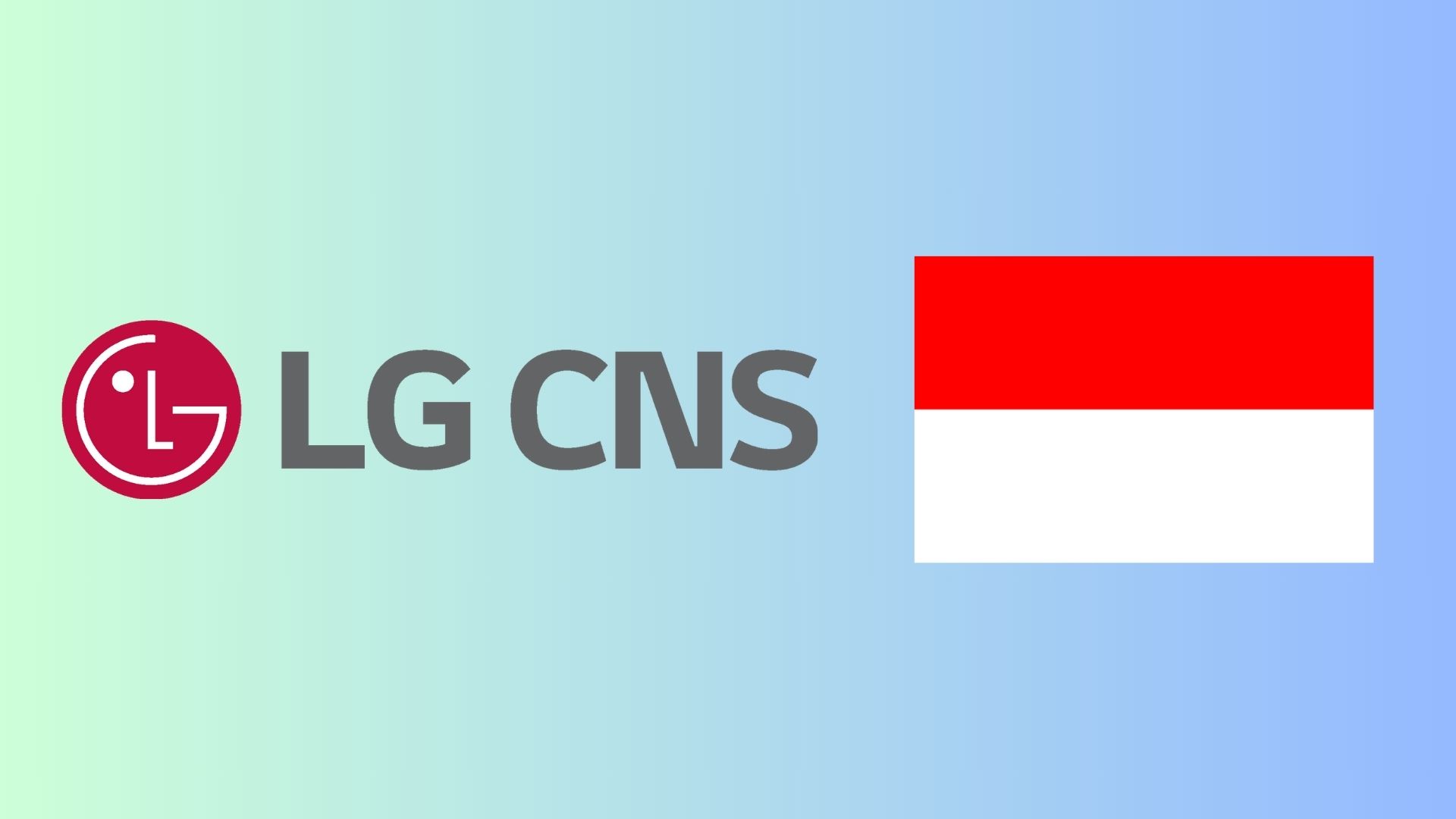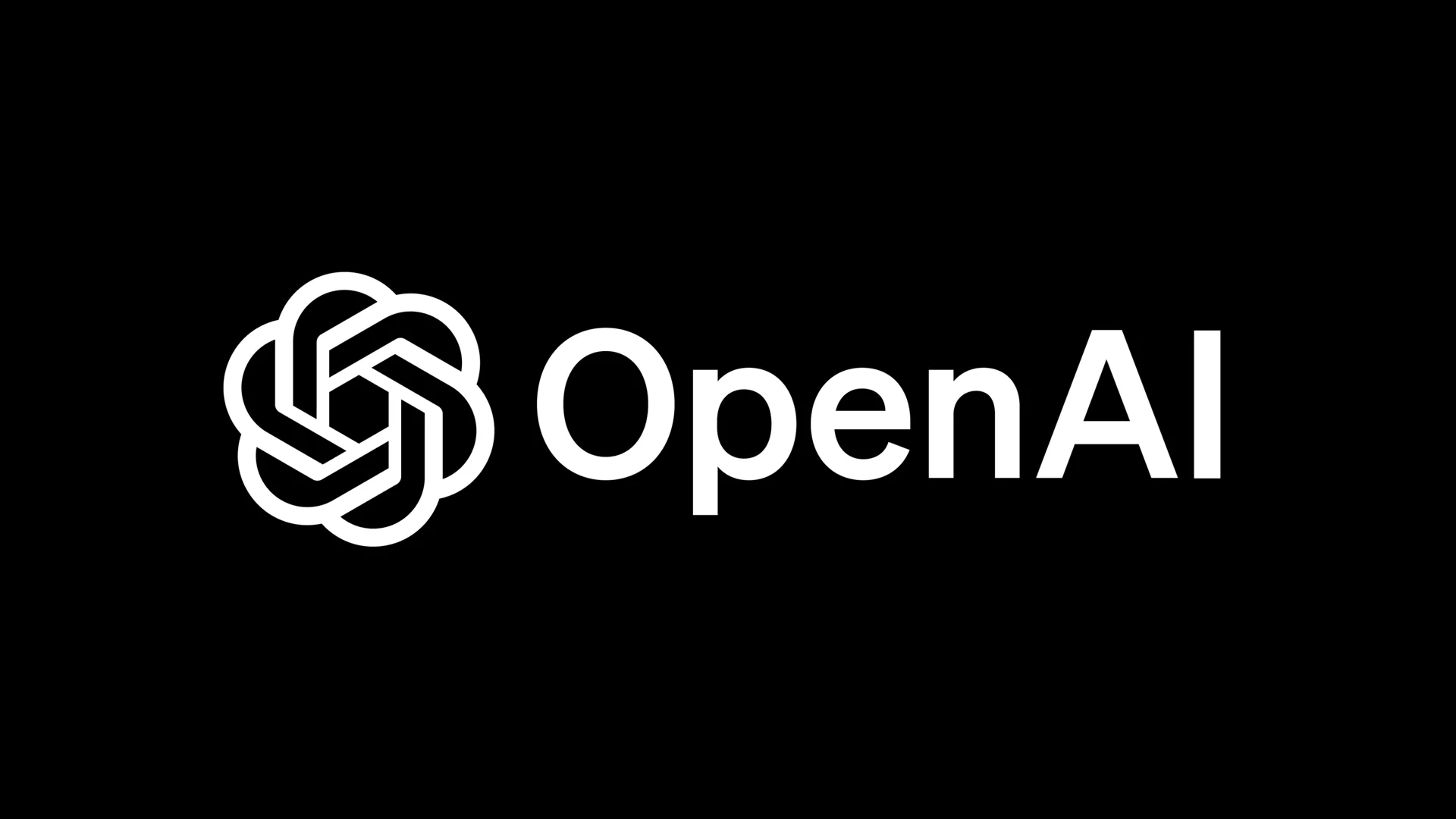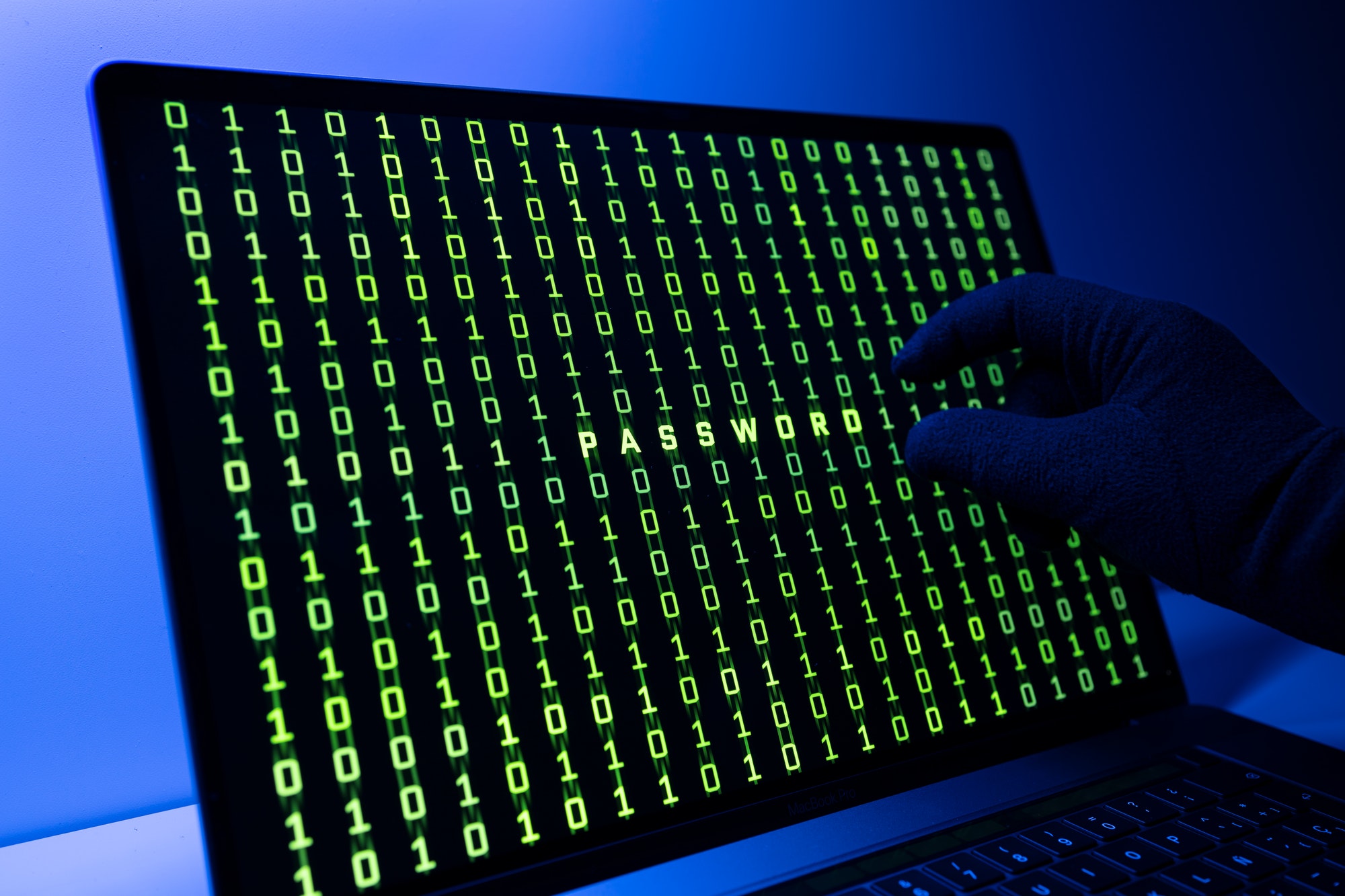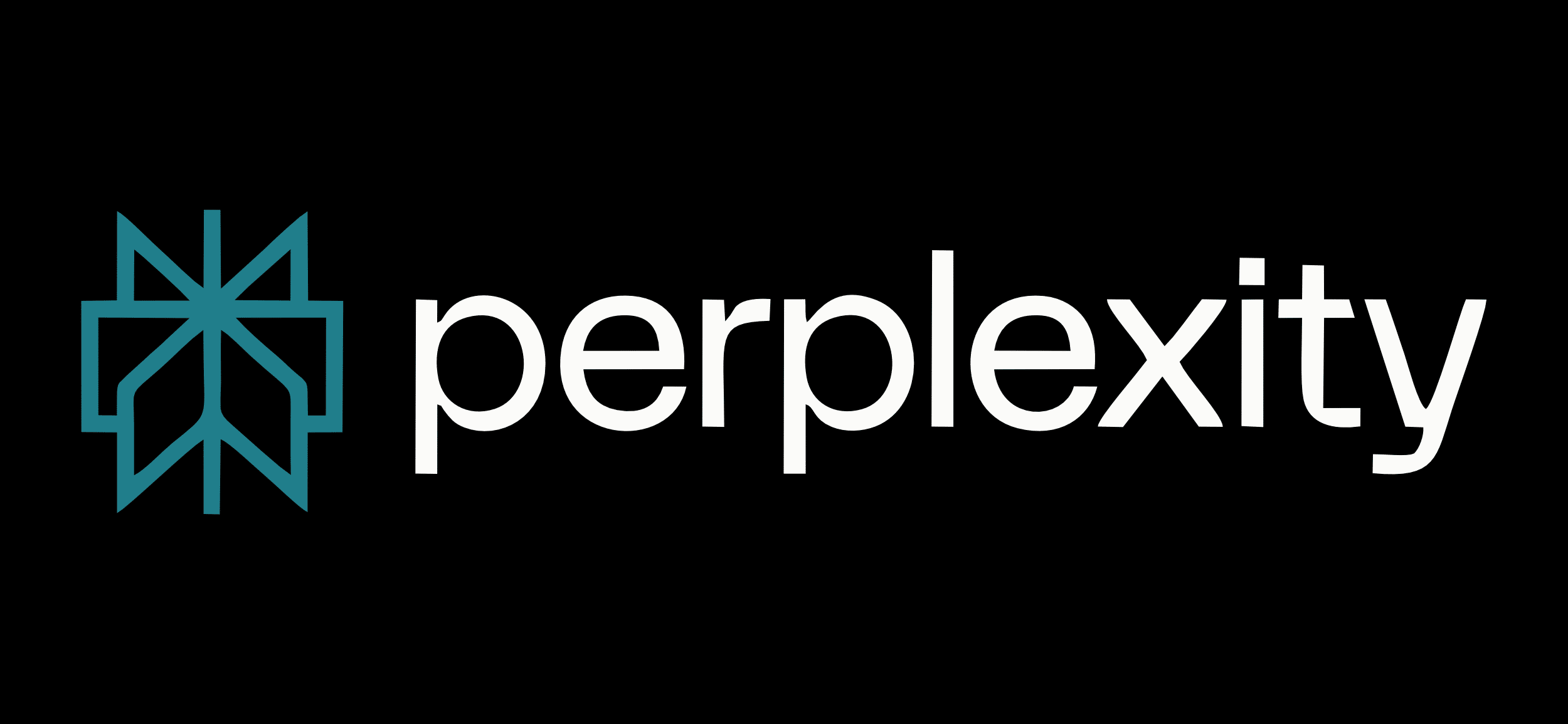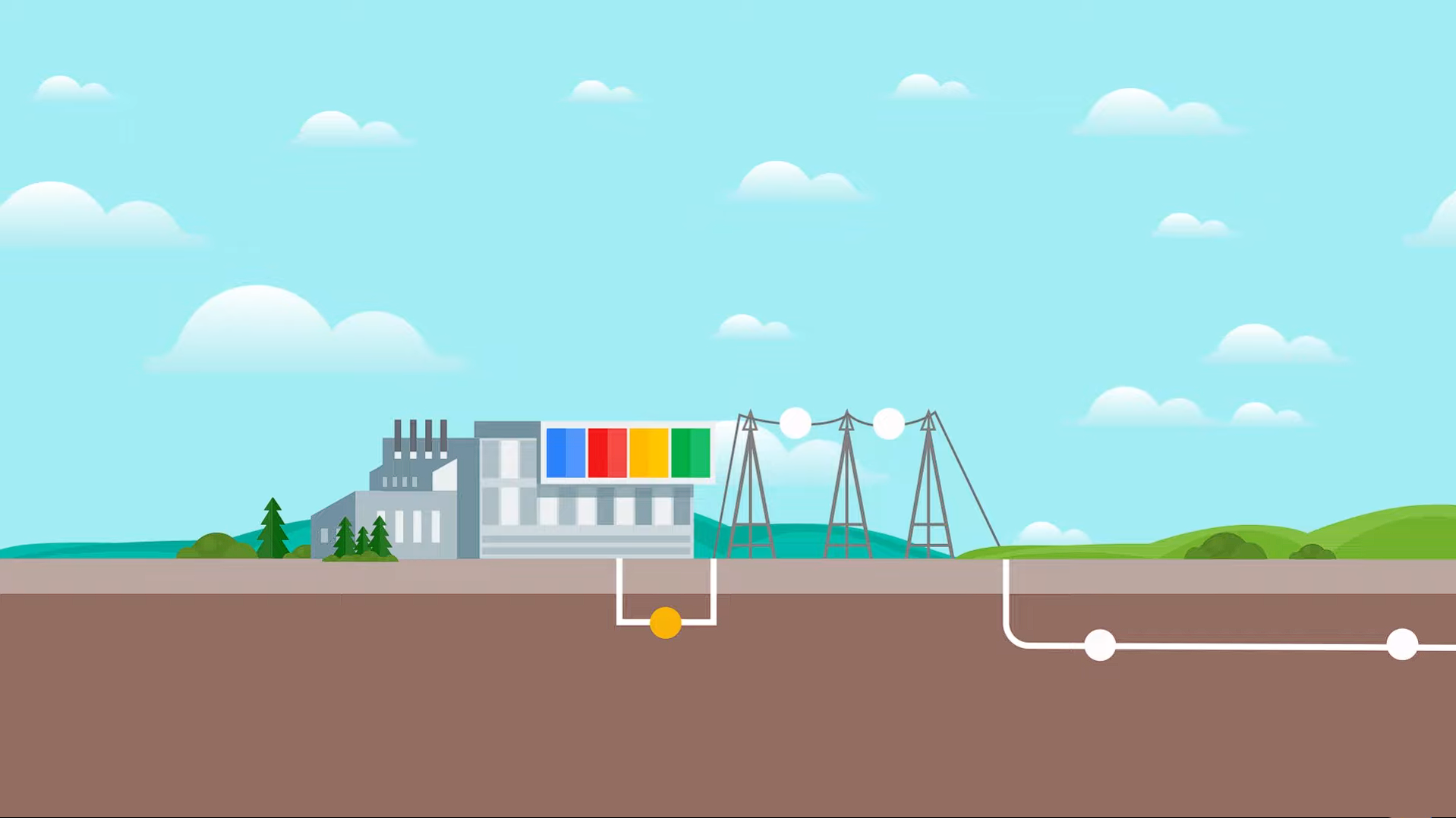Navigating a world beyond analogue
The digital transformation of daily life represents more than just a change in technological format. It signals a deep cultural and cognitive reorientation.
Rather than simply replacing analogue tools with digital alternatives, society has embraced an entirely new way of interacting with information, memory, time, and space.
For younger generations born into this reality, digital mediation is not an addition but the default mode of experiencing the world. A redefinition like this introduces not only speed and convenience but also cognitive compromises, cultural fragmentation, and a fading sense of patience and physical memory.
Generation Z as digital natives
Generation Z has grown up entirely within the digital realm. Unlike older cohorts who transitioned from analogue practices to digital habits, members of Generation Z were born into a world of touchscreen interfaces, search engines, and social media ecosystems.
As Generation Z enters the workforce, the gap between digital natives and older generations is becoming increasingly apparent. For them, technology has never been a tool to learn. It has always been a natural extension of their daily life.
The term ‘digital native’, first coined by Marc Prensky in 2001, refers precisely to those who have never known a world without the internet. Rather than adapting to new tools, they process information through a technology-first lens.
In contrast, digital immigrants (those born before the digital boom) have had to adjust their ways of thinking and interacting over time. While access to technology might be broadly equal across generations in developed countries, the way individuals engage with it differs significantly.
Instead of acquiring digital skills later in life, they developed them alongside their cognitive and emotional identities. This fluency brings distinct advantages. Young people today navigate digital environments with speed, confidence, and visual intuition.
They can synthesise large volumes of information, switch contexts rapidly, and interact across multiple platforms with ease.
The hidden challenges of digital natives
However, the native digital orientation also introduces unique vulnerabilities. Information is rarely absorbed in depth, memory is outsourced to devices, and attention is fragmented by endless notifications and competing stimuli.
While older generations associate technology with productivity or leisure, Generation Z often experiences it as an integral part of their identity. The integration can obscure the boundary between thought and algorithm, between agency and suggestion.
Being a digital native is not just a matter of access or skill. It is about growing up with different expectations of knowledge, communication, and identity formation.
Memory and cognitive offloading: Access replacing retention
In the analogue past, remembering involved deliberate mental effort. People had to memorise phone numbers, use printed maps to navigate, or retrieve facts from memory rather than search engines.
The rise of smartphones and digital assistants has allowed individuals to delegate that mental labour to machines. Instead of internalising facts, people increasingly learn where and how to access them when needed, a practice known as cognitive offloading.
Although the shift can enhance decision-making and productivity by reducing overload, it also reshapes the way the brain handles memory. Unlike earlier generations, who often linked memories to physical actions or objects, younger people encounter information in fast-moving and transient digital forms.
Memory becomes decentralised and more reliant on digital continuity than on internal recall. Rather than cognitive decline, this trend marks a significant restructuring of mental habits.
Attention and time: From linear focus to fragmented awareness
The analogue world demanded patience. Sending a letter meant waiting for days, rewinding a VHS tape required time, and listening to an album involved staying on the same set of songs in a row.
Digital media has collapsed these temporal structures. Communication is instant, entertainment is on demand, and every interface is designed to be constantly refreshed.
Instead of promoting sustained focus, digital environments often encourage continuous multitasking and quick shifts in attention. App designs, with their alerts, pop-ups, and endless scrolling, reinforce a habit of fragmented presence.
Studies have shown that multitasking not only reduces productivity but also undermines deeper understanding and reflection. Many younger users, raised in this environment, may find long periods of undivided attention unfamiliar or even uncomfortable.
The lost sense of the analogue
Analogue interactions involved more than sight and sound. Reading a printed book, handling vinyl records, or writing with a pen engaged the senses in ways that helped anchor memory and emotion. These physical rituals provided context and reinforced cognitive retention.
Digital experiences, by contrast, are streamlined and screen-bound. Tapping icons and swiping a finger across glass lack the tactile diversity of older tools. Sensory uniformity might lead to a form of experiential flattening, where fewer physical cues are accessible to strengthen memory.
Digital photography lacks the permanence of a printed one, and music streamed online does not carry the same mnemonic weight as a cherished cassette or CD once did.
From communal rituals to personal streams
In the analogue era, media consumption was more likely to be shared. Families gathered around television sets, music was enjoyed communally, and photos were stored in albums passed down across generations.
These rituals helped synchronise cultural memory and foster emotional continuity and a sense of collective belonging.
The digital age favours individualised streams and asynchronous experiences. Algorithms personalise every feed, users consume content alone, and communication takes place across fragmented timelines.
While young people have adapted with fluency, creating their digital languages and communities, the collective rhythm of cultural experience is often lost.
People no longer share the same moment. They now experience parallel narratives shaped by personal profiles and rather than social connections.
Digital fatigue and social withdrawal
However, as the digital age reaches a point of saturation, younger generations are beginning to reconsider their relationship with the online world.
While constant connectivity dominates modern life, many are now striving to reclaim physical spaces, face-to-face interactions, and slower forms of communication.
In urban centres, people often navigate large, impersonal environments where community ties are weak and digital fatigue is contributing to a fresh wave of social withdrawal and isolation.
Despite living in a world designed to be more connected than ever before, younger generations are increasingly aware that a screen-based life can amplify loneliness instead of resolving it.
But the withdrawal from digital life has not been without consequences.
Those who step away from online platforms sometimes find themselves excluded from mainstream social, political, or economic systems.
Education and learning in a hybrid cognitive landscape
Education illustrates the analogue-to-digital shift with particular clarity. Students now rely heavily on digital sources and AI for notes, answers, and study aids.
The approach offers speed and flexibility, but it can also hinder the development of critical thinking and perseverance. Rather than engaging deeply with material, learners may skim or rely on summarised content, weakening their ability to reason through complex ideas.
Educators must now teach not only content but also digital self-awareness. Helping students understand how their tools shape their learning is just as important as the tools themselves.
A balanced approach that includes reading physical texts, taking handwritten notes, and scheduling offline study can help cultivate both digital fluency and analogue depth. This is not a nostalgic retreat, but a cognitive necessity.
Intergenerational perception and diverging mental norms
Older and younger generations often interpret each other through the lens of their respective cognitive habits. What seems like a distraction or dependency to older adults may be a different but functional way of thinking to younger people.
It is not a decline in ability, but an adaptation. Ultimately, each generation develops in response to the tools that shape its world.
Where analogue generations valued memorisation and sustained focus, digital natives tend to excel in adaptability, visual learning, and rapid information navigation.
Bridging the gap means fostering mutual understanding and encouraging the retention of analogue strengths within a digital framework. Teaching young people to manage their attention, question their sources, and reflect deeply on complex issues remains vital.
Preserving analogue values in a digital world
The end of the analogue era involves more than technical obsolescence. It marks the disappearance of practices that once encouraged mindfulness, slowness, and bodily engagement.
Yet abandoning analogue values entirely would impoverish our cognitive and cultural lives. Incorporating such habits into digital living can offer a powerful antidote to distraction.
Writing by hand, spending time with printed books, or setting digital boundaries should not be seen as resistance to progress. Instead, these habits help protect the qualities that sustain long-term thinking and emotional presence.
Societies must find ways to integrate these values into digital systems and not treat them as separate or inferior modes.
Continuity by blending analogue and digital
As we have already mentioned, younger generations are not less capable than those who came before; they are simply attuned to different tools.
The analogue era may be gone for good, but its qualities need not be lost. We can preserve its depth, slowness, and shared rituals within a digital (or even a post-digital) world, using them to shape more balanced minds and more reflective societies.
To achieve something like this, education, policy, and cultural norms should support integration. Rather than focus solely on technical innovation, attention must also turn to its cognitive costs and consequences.
Only by adopting a broader perspective on human development can we guarantee that future generations are not only connected but also highly aware, capable of critical thinking, and grounded in meaningful memory.
Would you like to learn more about AI, tech and digital diplomacy? If so, ask our Diplo chatbot!

